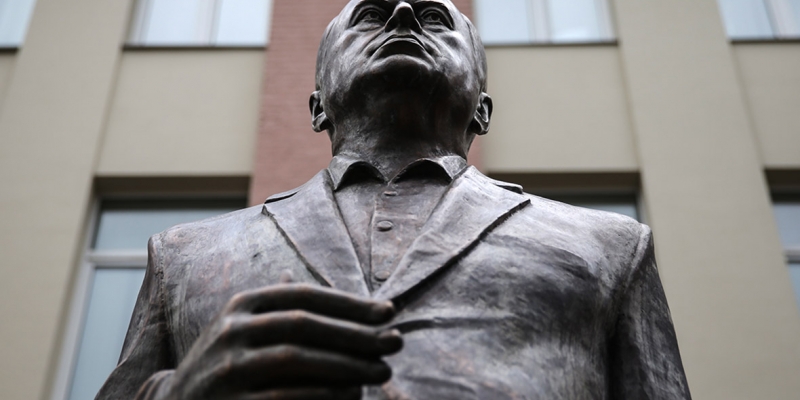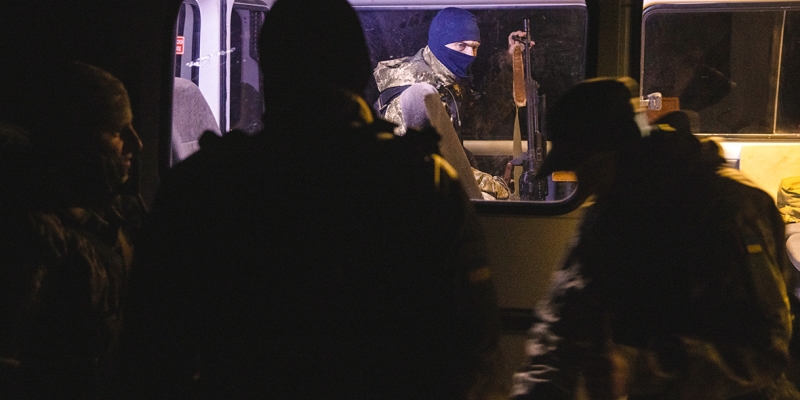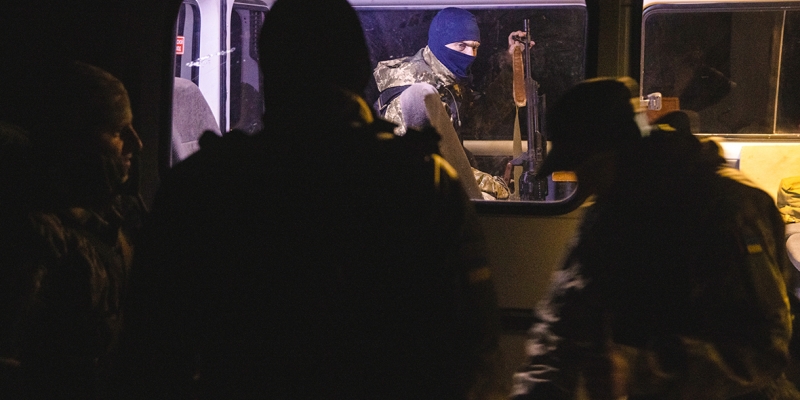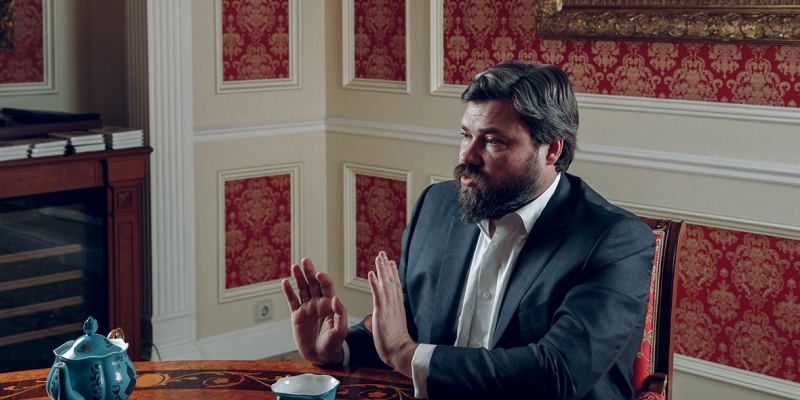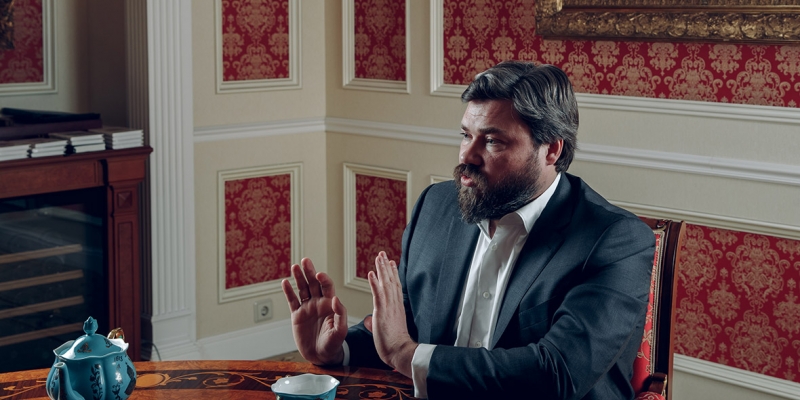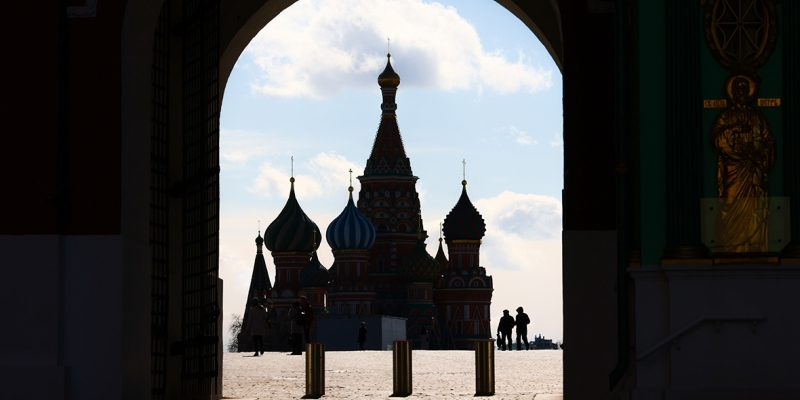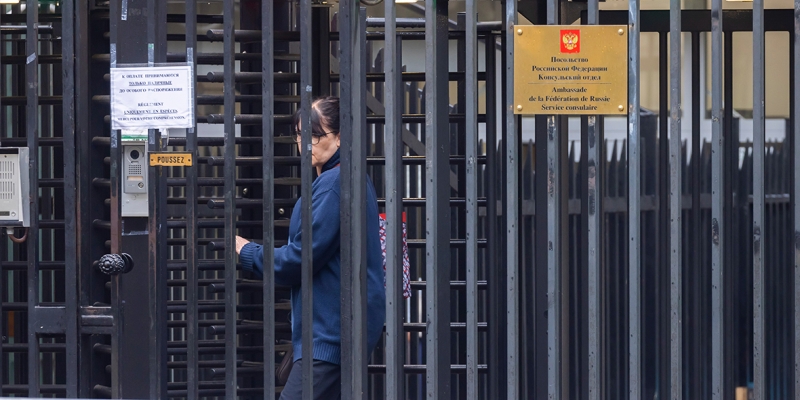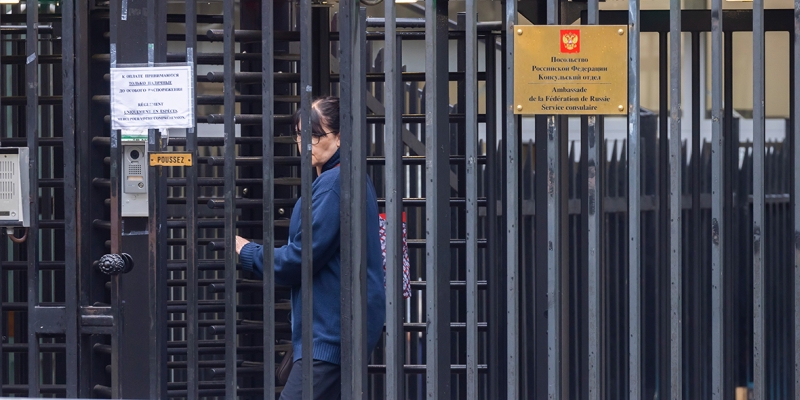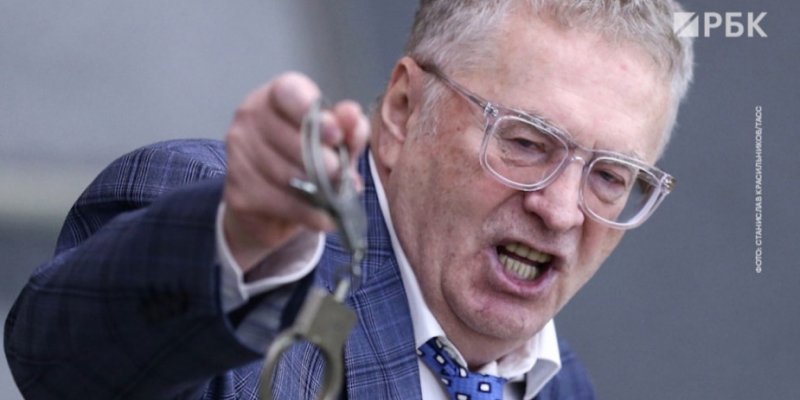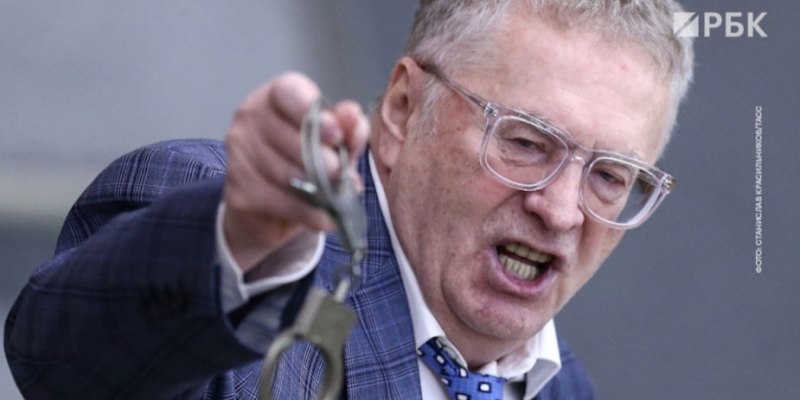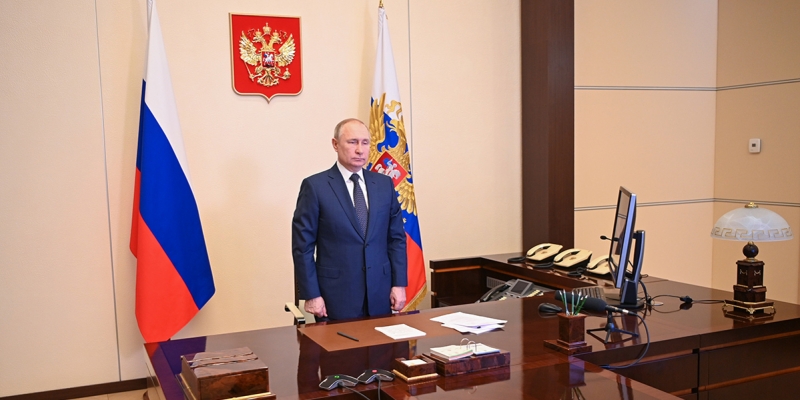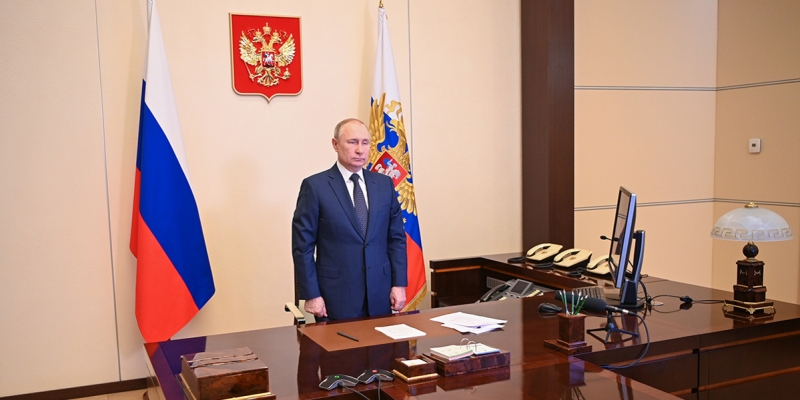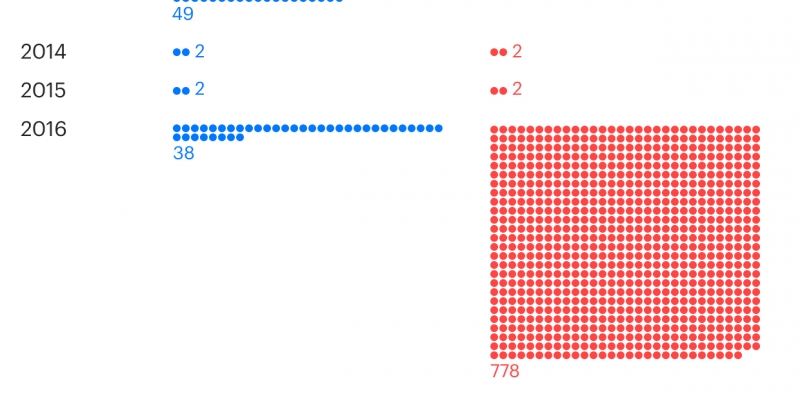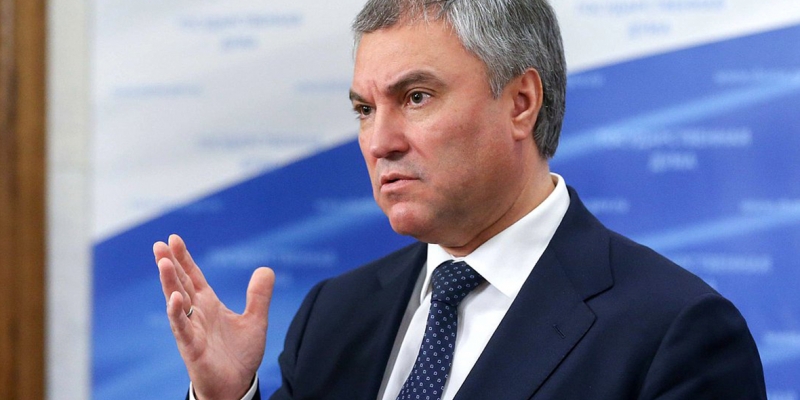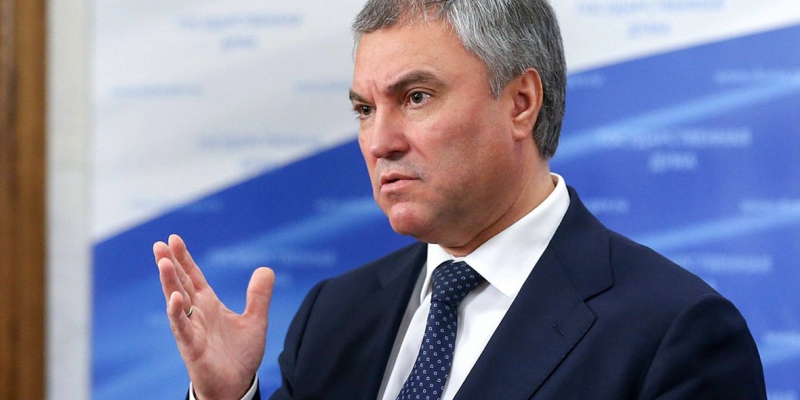EDuring Vladimir Zhirinovsky’s long illness, the LDPR discussed various candidates for his successor as party leader. Leonid Slutsky and Mikhail Degtyarev are among the likely ones
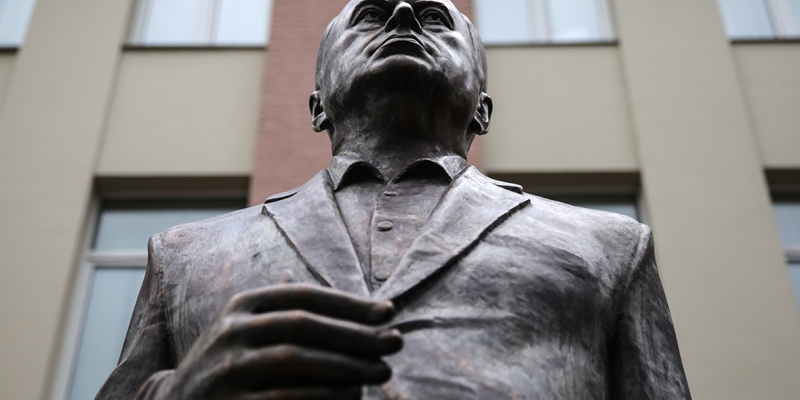
Monument to Vladimir Zhirinovsky
The search for a successor
The death of the LDPR leader Vladimir Zhirinovsky, who was seriously ill with coronavirus and suffered from its consequences, could not have come as a surprise to the party, two sources close to her told RBC, nevertheless, the Liberal Democrats “initially understood” that it would not be easy to find an equivalent replacement for a charismatic and well-known politician throughout the country. “It is simply impossible to replace the irremovable Vladimir Volfovich,” said one of them. Zhirinovsky’s death undermined the morale of the party, admits another source close to the LDPR. He believes that after the death of Zhirinovsky, the LDPR is waiting for “only oblivion”.
The death of Vladimir Zhirinovsky on Wednesday, April 6, was announced by the chairman of the State Duma Vyacheslav Volodin. In his Telegram channel, he said that the leader of the LDPR “passed away after a serious and prolonged illness.” “A man who deeply understood how the world works and foresaw a lot,” Volodin noted.— His personality is so large-scale that it is difficult without himto present the history of the development of the political system of modern Russia. Condolences over Zhirinovsky’s death were expressed by President Vladimir Putin, who called him an “experienced politician, an energetic, open-minded person, a bright speaker and polemicist.” In the LDPR, the death of the party leader was called a “blow for the whole of Russia, for the army of his supporters.”
Two interlocutors close to the presidential administration told RBC that the decision on the candidacy of the next leader of the LDPR will be made, after that it will be clear what to do with the party itself, leave it in its current form, merge with some other or even create something new.
The LDPR, of course, discussed various candidates to replace Zhirinovsky long before his illness, “just in case,” continues the party source of RBC. However, the final decision will be made after consultations with the Kremlin, he clarifies. Now «on the bench of successors»— the deputy appointed acting leader of the LDPR factionLeonid Slutsky, deputies Andrei Lugovoy and Alexey Didenko, the governor of the Khabarovsk Territory Mikhail Degtyarev and Zhirinovsky’s son Igor Lebedev, say the interlocutors of RBC. Earlier, one of the interlocutors of RBC named Alexey Ostrovsky, the Governor of the Smolensk Region (representing the LDPR), as a potential candidate.
RBC sent requests to the listed candidates.
Read on RBC Pro Pro Companies have resumed the search for top managers: which candidates are now in the price of the Article Pro IT companies on suitcases. Will support measures help stop their departure Articles Pro Founder of “Teremka”: the word “failure” is better for an entrepreneur to forget Articles Pro Where to transfer advertisements from closedSocial Networks Instructions Pro Who of the IT specialists will receive a reprieve from the army and what the company needs to do Instructions Pro x The Economist Will oil cost $200 per barrel — The Economist Articles Pro Need a dialogue: how product manufacturers respond to sanctions Articles Pro This crisis is different. What will happen to Real estate this time Articles
“After the death of the sole leader, it is unrealistic to replace him with another sole leader,” political scientist Rostislav Turovsky said in a conversation with RBC.Therefore, the real leadership of the party will inevitably be collective. The LDPR will have to “shift from the status of a leadership party to the status of an ideological one, that is, focused on the promotion of a certain political ideology,” he continues. From this point of view, both Slutsky, Lugovoy, and Degtyarev are “approximately equivalent”, since they “have some public experience, they know the internal cuisine,” the expert believes.
The leader of the party, whoever he is, will not become the second Zhirinovsky, political analyst Alexey Makarkin told RBC. Rather, the party will have a “certain analogue of the politburo, whose leader will meet with Vladimir Putin, enter the Duma Council and so on.” But, according to the expert, he will not be the “owner” of the party, like Zhirinovsky.
Party perspectives
The party plans to preserve its electorate as much as possible, RBC sources said. “We think we will succeed, since Zhirinovsky has done a lot to make the party recognizable everywhere, so that the brand works,” said one of them.
The party after Zhirinovsky’s death will become “inertial”, Makarkin is convinced. “There is an opinion that the LDPR will not be able to live without Zhirinovsky, but we have a very conservative party structure,” he noted.It will be difficult for new parties to integrate into it, gain popularity, and the popularity of the LDPR and its support will fade, but slowly. According to the expert, the lastthe great service that Zhirinovsky rendered to the party was that he “conducted it to the State Duma”. “And there are reasons to believe that the LDPR electorate, which has supported the party since the 1990s, “small entrepreneurs who do not like officials and do not want to support communists, “will not leave the LDPR,” says the political scientist.
How will Zhirinovsky’s funeral be held
In 2013, Zhirinovsky told reporters what kind of funeral he wanted for himself. He said that the farewell to him should take place in the Hall of Columns of the House of Unions (there were traditionally farewells with Soviet and Russian statesmen). Thousands and thousands of people will come from all over the country, no one will be blacklisted, Zhirinovsky predicted. He demanded to bury himself at Novodevichy, “where Boris Yeltsin’s grave is,” at the very least, “at Troekurovsky.
Video
In part, the wishes will be fulfilled: Zhirinovsky should be buried on Friday, April 8, at the Troyekurovsky cemetery, the farewell will take place in the Hall of Columns. It is expected that the funeral of the leader of the LDPR will be Patriarch Kirill.
Vladimir Zhirinovsky was hospitalized on February 9, he was diagnosed with coronavirus. On March 20, the media reported on the deterioration of the politician’s condition.
32 years of party experience
Vladimir Zhirinovsky, who died at the age of 75, was the chairman of the Liberal Democratic Party of Russia (LDPR, until 1992) since 1990, that is, since its inception, for many years he headed the party faction in the State Duma. In 1993, he first ran for the State Duma, was a deputy of all its convocations. He ran for president of Russia from the Liberal Democrats in 1991, 1996, 2000, 2008, 2012 and 2018.
Subscribe to VK RBC Get news faster than anyone

